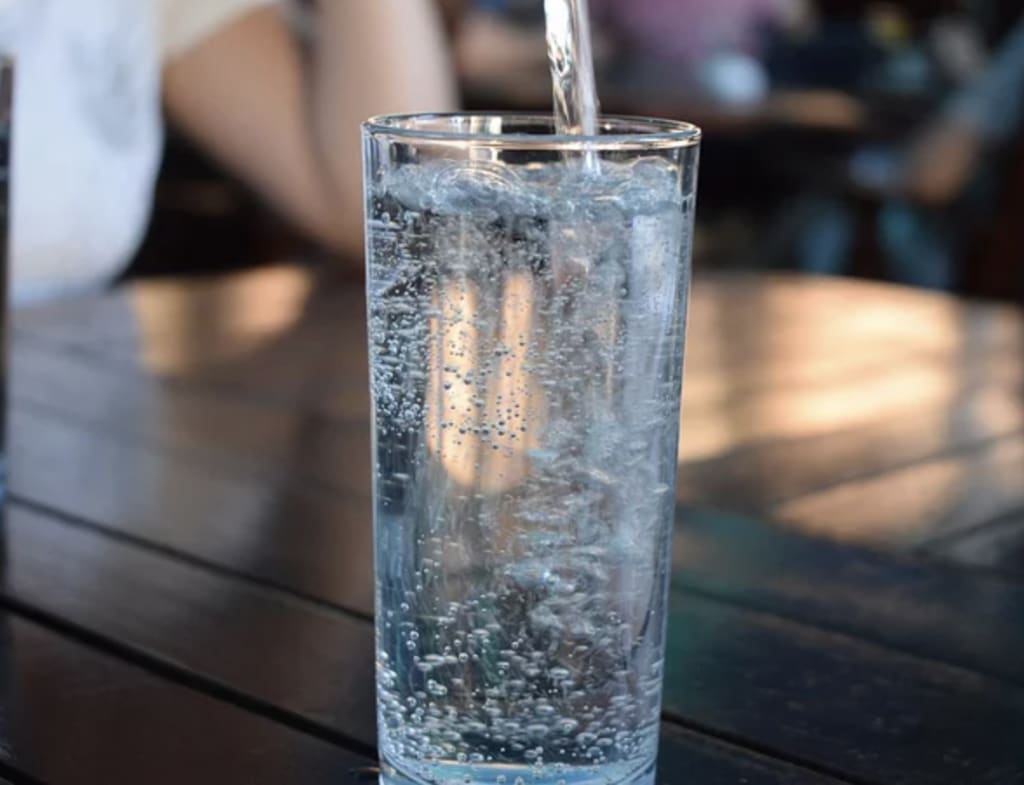The older you get, the looser your bones get?
Simple to do 5 things, bones hard body great

Many older people have problems with bone health, especially osteoporosis, which is still relatively common in daily life. Is it true that as we age, our bones must become loose? Such an idea reflects a misconception of many friends about the bone health of the elderly.
If we look carefully we will find that although osteoporosis is very common in the elderly, there are many older friends, even in old age, bone health is still very good, bone density, and bone strength are not worse than in young people, the main reason for this difference, in addition to personal physical factors, in daily life, early and good bone health maintenance, is also to ensure good bone The important aspect of strong bones.
For middle-aged and older friends, to be aware of the changes in bone health brought about by aging as early as possible, to do a better job of bone health care, protect bone health, and reduce osteoporosis with age, are very important. Today's science article talks to you about how to take care of bone health through healthy life conditioning those things.
The first thing - pay attention to calcium and vitamin D supplementation
For most middle-aged and elderly people, although there will be calcium intake in daily life, there is a shortage of intake, and this lack of calcium intake will affect our bone health. Calcium is an important mineral for bone formation and is an important nutrient to keep bones dense and hard. If the calcium level in our body is too low, we need to "borrow" from our bones and excessive calcium loss can lead to osteoporosis or brittle bone disease and also increase the risk of fracture after a fall.
Starting at age 50, both women and men should ensure a daily calcium intake of about 1200 mg to better reduce the effects of accelerated calcium loss from the bones. If supplemented through diet, skim milk, dairy products, and soy products such as tofu, beans, and fish are good sources of calcium. For middle-aged and older people who still cannot effectively consume enough calcium through an arranged diet, they may also consider taking dietary supplements for calcium supplementation.
Vitamin D and calcium have a synergistic effect. Without vitamin D, the body's efficiency for calcium absorption will be greatly reduced, which will likewise cause the body to have to divert calcium from the bones to meet the demand, thus causing a decrease in bone density. Vitamin D not only helps with calcium absorption but also helps improve bone metabolism in the skeleton, an important nutrient for maintaining healthy bones.

As many of you know, the ultraviolet light from the sun can promote the synthesis of vitamin D in the skin, but only 10 minutes of sunlight per day is enough. The main sources of dietary intake of vitamin D include dairy products, nuts, legumes, and deep-sea fish, eggs, and fortified cereals. You can also pay more attention to the proper arrangement of your diet.
Vitamin D can also be enhanced through supplements, but the best way to supplement or dietary supplements, if oversupplemented through supplements for a long time, may bring health risks such as vascular calcification.
The second thing - is to strengthen the exercise exercise
People who exercise regularly also have a relatively smaller risk of osteoporosis. When the body exercises, it will achieve the need for movement by strengthening the bones. Adults who exercise regularly can prevent the accelerated loss of bone mass from their 30s onward, while also strengthening muscles and improving balance and body coordination, an ability that is maintained to reduce the chance of falls.
What types of exercise are more beneficial for bone health? The first is some form of exercise related to fighting gravity. For example, walking, running, dancing, climbing stairs, etc., all belong to this category, most of these exercises are aerobic but also can play a certain role in bone exercise, but it should be noted that some exercises may be targeted, such as jogging exercise, can enhance the bone strength of the legs, but the arm bones get relatively small benefits.
Resistance exercise is another important form of exercise to strengthen the bones, we call it strength training. It is a more direct exercise for the bones and can make the bones dense and strong, combined with their situation, you may want to try push-ups, weight lifting, resistance bands, weighted squats, and other training methods, in terms of exercise time, at least 30 minutes a day, is a very good choice.
The third thing - quit smoking
Smoking is a known risk factor for osteoporosis, especially for men who smoke at a much higher rate than women, and the loss of estrogen during menopause accelerates the loss of calcium in the bones; for men, nicotine and other chemicals in tobacco slow the production of osteoblasts and affect the blood supply to the bones, also leading to a decrease in bone density and strength. In particular, the effects of smoking on the health of the spine and bones deserve special attention.
Therefore, for those who have the habit of smoking, it is necessary to quit smoking to protect their bone health. This can be done gradually, gradually overcoming the habit of smoking, reducing it, or using other alternatives to quit, while also taking care to avoid a relapse into smoking.
The fourth thing - control high sugar diet
Some friends love to drink sweet drinks and eat sweet foods, however, too much sugar intake can also affect bone health. Excessive sugar intake promotes the excretion of calcium and magnesium in the urine, both of which are important minerals for strong bones; studies have also found that a diet high in sugar affects the absorption of calcium in the intestines and replaces other important nutrients in the diet that are beneficial to bone health. Therefore, the impact of a sweet tooth and a diet high in sugar on bone health should not be ignored.
To ensure healthy and strong bones, middle-aged and elderly people in the daily diet, must not crave sweets, pay attention to a light diet, eat a healthy diet rich in calcium, magnesium, vitamin D, and various nutrients, do not let too much sugar intake affect bone health.
The fifth thing - limit alcohol and carbonated beverages
Drinking large amounts of alcohol over a long period can also interfere with the normal growth of osteoblasts, and drinking large amounts of alcohol may also increase the risk of fractures from falls. Although phosphorus is also an important element for bone health, excessive phosphorus intake can cause an imbalance in the body's calcium-phosphorus ratio, and more calcium needs to be freed from the bones to combine with phosphorus, so both alcohol and carbonated beverages can have an impact on bone health. Those who love to drink alcohol or carbonated beverages should take care to control them and drink less.
If we can recognize the accelerated bone loss and osteoporosis risk associated with aging as early as possible in our youth, and if we can do a good job of regulating our lives and protecting our bone health as early as possible, we can maintain good bone density and bone strength even in our old age, so that we can be healthier in our old age.






Comments
There are no comments for this story
Be the first to respond and start the conversation.